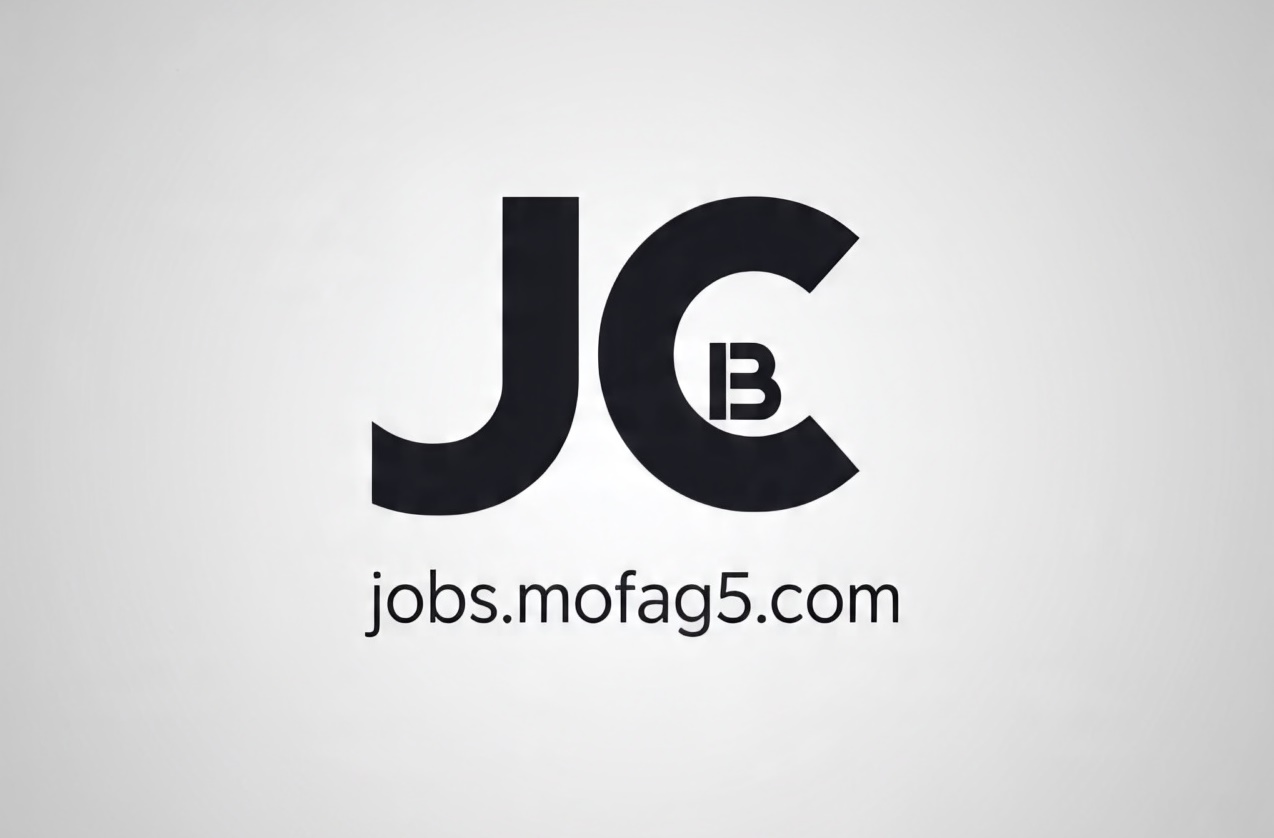In today’s competitive job market, securing the right talent is crucial for any organization’s success. A job offer isn’t just about listing responsibilities and qualifications; it’s about crafting an opportunity that resonates with potential candidates. This article dives deep into the responsibilities and skills required for a specific job offer, shedding light on what both employers and candidates should expect.
1. Building and Reporting on Hiring Plans
As a Recruitment Specialist, one of the primary responsibilities is to develop and report on quarterly and annual hiring plans. This involves understanding the organization’s needs, forecasting staffing needs, and devising strategies to attract top talent.
2. Crafting Job Ads and Networking
Creating compelling job advertisements and distributing them across various platforms is essential to attract the right candidates. Additionally, networking through professional groups on social media and attending industry events can help tap into passive candidates who may not actively be seeking employment.
3. Collaboration with Hiring Managers
Effective collaboration with hiring managers is crucial for setting qualification criteria and understanding the specific requirements for each role. This collaboration ensures alignment between recruitment efforts and organizational goals.
4. Screening and Shortlisting Candidates
Screening resumes and conducting initial phone screens are essential steps in identifying qualified candidates. This involves assessing candidates’ qualifications, skills, and experience to create shortlists for further evaluation.
5. Conducting Interviews
From junior to executive roles, conducting in-person interviews is a key responsibility. This step allows recruiters to assess candidates’ fit for the role, cultural alignment, and potential for growth within the organization.
6. Designing Candidate Experience Surveys
Ensuring a positive candidate experience is crucial for attracting and retaining top talent. Designing, distributing, and analyzing candidate experience surveys provide valuable insights into areas for improvement in the recruitment process.
7. Hosting Job Fairs
Participating in job fairs provides an opportunity to interact with potential candidates face-to-face and showcase the organization’s culture and career opportunities.
8. Follow-Up and Relationship Building
Maintaining communication with candidates throughout the hiring process is essential for building rapport and keeping them engaged. This includes providing timely updates, answering queries, and addressing concerns.
9. Database Management
Maintaining a database of potential candidates ensures a pipeline of talent for future job openings. This involves organizing candidate information, updating profiles, and leveraging technology for efficient talent management.
Required Skills and Qualifications
1. Recruitment Experience
Candidates should have proven experience in recruitment or a related field, demonstrating their ability to source, assess, and hire top talent.
2. Sourcing Techniques
Knowledge of sourcing techniques on social media platforms like LinkedIn and professional websites is essential for identifying and engaging with potential candidates.
3. Interpersonal Skills
Strong interpersonal skills are crucial for building relationships with candidates, hiring managers, and other stakeholders involved in the recruitment process.
4. Communication Skills
Effective written and verbal communication skills are necessary for conveying information clearly, managing expectations, and negotiating job offers.
5. Educational Background
A Bachelor’s degree or higher diploma in Human Resources Management, Business Administration, or a relevant field provides candidates with a solid foundation for success in recruitment roles.
Conclusion
In conclusion, a job offer goes beyond just listing responsibilities and qualifications; it’s about creating an opportunity that aligns with both the organization’s needs and the candidate’s aspirations. By understanding the responsibilities and skills required for the role, recruiters can attract, assess, and hire the right talent to drive organizational success.
FAQs
1. How can I improve my recruitment skills?
- To improve your recruitment skills, consider participating in training programs, networking with industry professionals, and staying updated on the latest trends and best practices in recruitment.
2. What are some common challenges faced in recruitment?
- Some common challenges in recruitment include sourcing qualified candidates, managing a large volume of applications, and ensuring a positive candidate experience throughout the hiring process.
3. How important is cultural fit in recruitment?
- Cultural fit is crucial in recruitment as it ensures that candidates align with the organization’s values, norms, and working environment, leading to higher job satisfaction and retention rates.
4. What role does technology play in modern recruitment?
- Technology plays a significant role in modern recruitment by streamlining processes, automating repetitive tasks, and enhancing candidate engagement through AI-powered tools, applicant tracking systems, and video interviewing platforms.
5. How can I stand out as a candidate in the recruitment process?
- To stand out as a candidate, focus on highlighting your relevant skills and experiences, tailor your application materials to the specific job requirements, and demonstrate your enthusiasm and passion for the role and the organization.


Comments